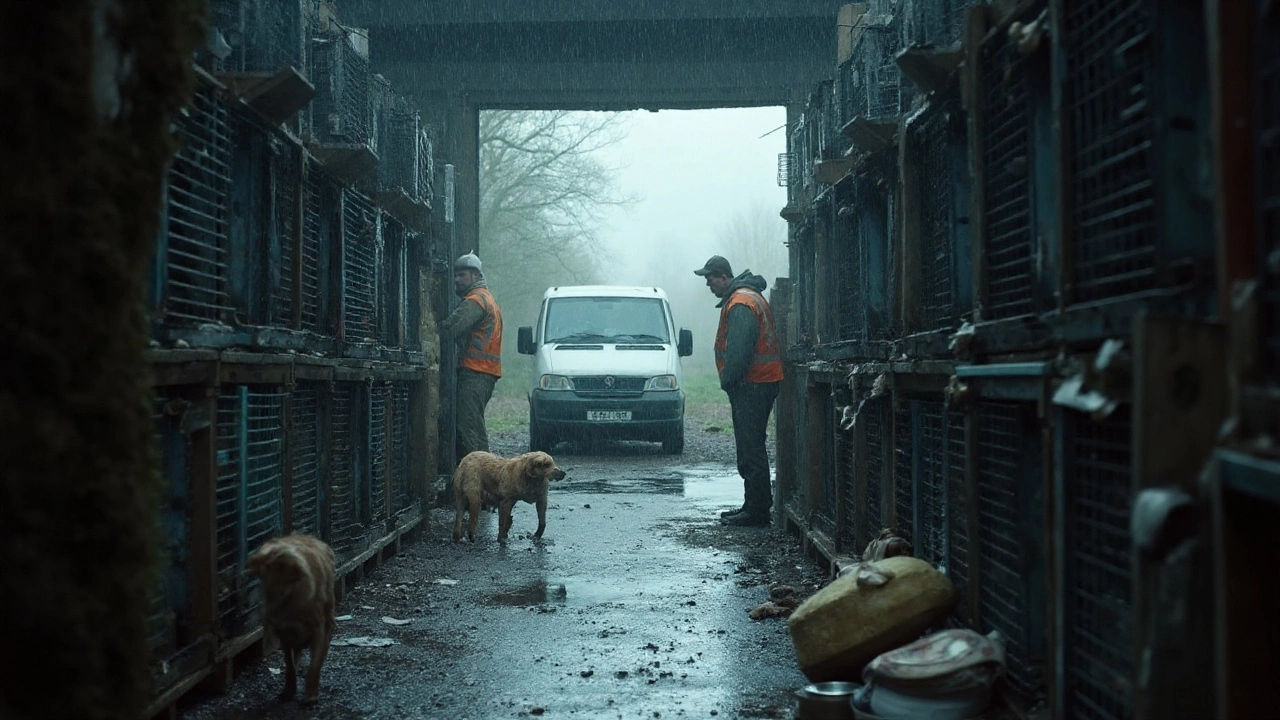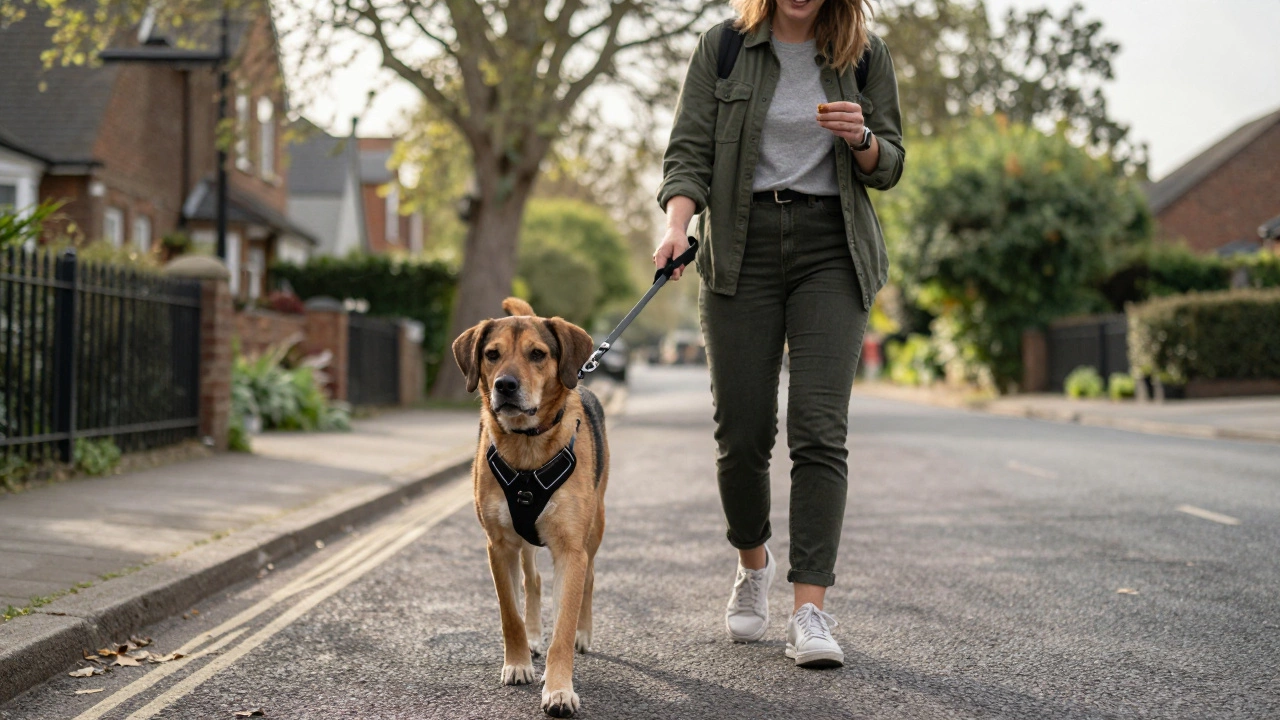Report Puppy Mills: What You Need to Know and How to Act
Seeing a litter of puppies on the street can feel heart‑warming—until you notice the red flags. Puppy mills hide behind cute pictures, but behind the scenes there’s cramped housing, bad health, and endless suffering. If you think you’ve found a mill, you can make a real difference by reporting it quickly and correctly.
Spotting the Signs of a Puppy Mill
Not every breeder is a mill, but there are tell‑tale clues. Look for rows of tiny cages, dogs that never get to run outside, or puppies that seem unusually sick or under‑weight. If the breeder refuses to let you see the mother, the whelping area, or any health records, that’s a big warning sign. Overpriced puppies sold without proper paperwork often point to illegal operations.
Another red flag is a constant stream of new litters with little or no break between them. Healthy breeding cycles need recovery time, so nonstop births usually mean the dogs are being over‑used. Also, check online reviews—multiple complaints about hidden fees, lack of after‑sale support, or aggressive sales tactics often hint at a mill.
Steps to Report and Help Shut Down Illegal Operations
First, gather what you can: take photos of the facility, note the address, and write down any conversation details. Your evidence doesn’t have to be perfect; it just needs to give authorities a clear picture.
Next, call the local council’s animal welfare department. In South Tyneside, you can reach the environmental health team at 0191 232 xxxx. They can launch an inspection and enforce licensing rules. If the council can’t act fast enough, dial the non‑emergency police number 101 and ask to speak to the animal cruelty unit.
For immediate concerns, contact the RSPCA’s cruelty line at 0300 123 0303. They operate 24/7 and can send an officer to investigate. When you call, be ready to share the address, the type of animals you saw, and any health or safety worries you observed.
After you’ve reported, consider helping the rescued dogs. South Tyneside Pet Care Services works with local shelters to re‑home puppies rescued from mills. They offer foster care, veterinary checks, and socialisation training. Even a short volunteer shift or a donation can make a rescued pup’s transition smoother.
Finally, spread the word. Share your experience on community forums, local Facebook groups, and pet‑care pages. The more people know what to look for, the harder it becomes for mill operators to stay hidden.
Remember, reporting a puppy mill isn’t just about stopping one bad operation—it’s about protecting future generations of dogs. Your quick action can save lives, improve community animal welfare, and keep South Tyneside a safer place for pets.
Unsold Dogs in Puppy Mills: What Really Happens and How to Help
Clear answers on what happens to unsold dogs in puppy mills, UK/US law basics, warning signs, reporting steps, and ethical ways to help or adopt.






